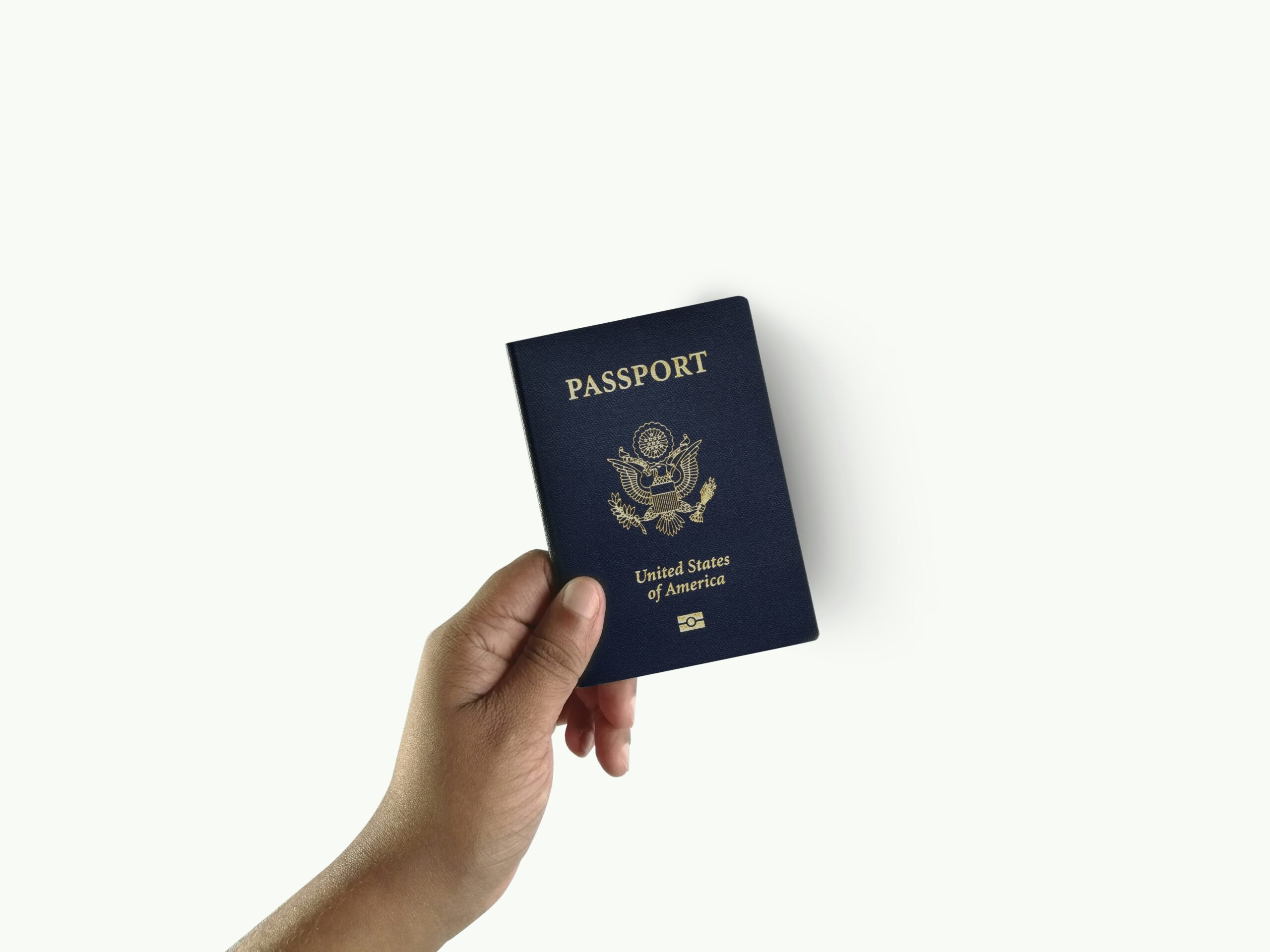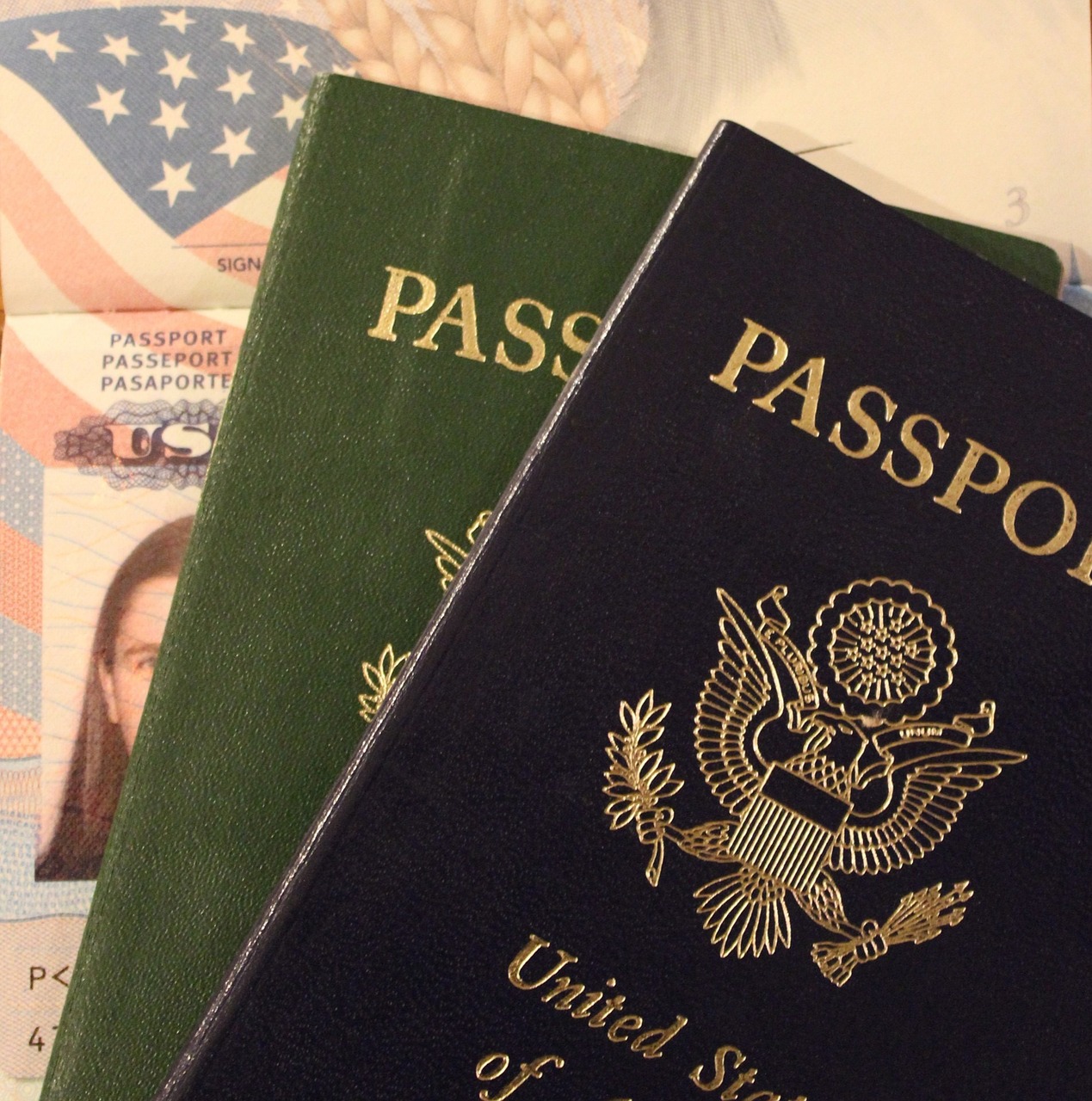Will federal stimulus money count as a benefit for purposes of the public charge doctrine? Hi, I'm Jim Hacking, immigration lawyer practicing law throughout the United States out of our office here in St. Louis, Missouri.
This is going to be another one of those videos where I'm checking my notes because I want to make sure that I get everything correct to you, that I give you the best information possible.
As many of you know, we're stuck in the middle of this coronavirus pandemic and the federal government, Senate, and Congress House representatives have joined together to pass a stimulus package, which means that in early April people are going to start receiving benefits, cash benefits, either by check or directly deposited into their bank accounts if they were filing tax returns back in 2018 and 2019. They are going to get $1,200 for an adult and $500 for children on those tax returns.
Now, this stimulus package, there's been a lot of debate as to who's going to receive it, a lot of questions. We've been getting a lot of emails into the office, "Am I going to be eligible for the stimulus package and should I go ahead and take advantage of it?" And so we wanted to shoot this video to talk it through with you and to give you our thoughts.
There's no doubt that lawful permanent residents, green card holders and citizens, can take advantage of the stimulus package. If you are a U.S. citizen or if you're a green card holder, you should be able to take advantage of the stimulus package without any concern for the public charge, because the public charge rule doesn't apply, obviously, to citizens and it doesn't apply to green card holders.
The public charge rule is a overly-harsh, very nasty interpretation of the old public charge rule that the Trump administration has implemented about a month ago and it's making it much harder for immigrants to get green cards in the United States. One of the things that they are looking at is whether you've received public subsidies and we're going to talk about that in a little bit.
But just to be clear, U.S. citizens and green card holders can take advantage of the stimulus package and not have to worry about the consequences when it comes to the public charge or a negative public charge finding. Now, what we need to talk about are other classes of people, so H-1B visa holders. They have social security numbers.
If they've been paying taxes and reporting taxes on their income, I believe that they would be entitled to the stimulus package and that it may or may not be considered a public charge. We'll get to that in a minute but right now we're just covering who's covered or who would receive it.
Now, one interesting thing in the bill is that it's written as a tax bill, it's not written as an immigration bill, so, the language that they use are "resident aliens". We think that lawful permanent residents would clearly be eligible for the benefit, and resident aliens, that's another question, that's going to be up in the air.
I don't know if the IRS definition of a resident alien jives with that of lawful permanent resident who for the most part... Longtime residents should be able to obtain benefits but the question that we're going to get to in a minute is whether you should take advantage of it. It might be hard for you because the money is going to come directly into your bank account if you're paid electronically, so we need to think about maybe not using that money, maybe setting it aside and returning it to the federal government when things get back to normal. But again, we can talk about that in a little bit.
I also believe recipients of the Deferred Action for Childhood Arrivals, that's DACA, and those who've received TPS, if they have social security numbers and have been working and reporting their income for 2018 and 2019, might be getting a benefit check.
And so now the question becomes, what happens if you do receive the benefit and you are not in one of those categories that we talked about, so if you're someone who hopes to adjust status later?
Of course, if you are an asylee or refugee you should be able to take advantage of the stimulus money as long as you've been paying taxes and working without worrying about the public charge, because the public charge rule isn't going to apply at this time to asylum grantees and people who came to the United States as refugees. But you always have to be concerned about it in the future.
Specifically, the people who really need to be concerned are ones who are going to try to adjust status based on marriage or employment later on down the road.
The language from the public charge rule that makes me concerned about the stimulus money is that there's a finding or one of the elements as to whether or not someone has received public benefits and is likely to become a public charge, is this "Any federal, state, or local cash assistance for income maintenance."
I think that USCIS could take the position that this IRS tax stimulus package, that this money that's going to people, if they are seeking a green card later on and if this public charge rule stands up in court, I think that USCIS could very well take the position that this cash is a public assistance for purposes of the public charge rule, the newly expanded public charge rules. So I think that you really need to be careful in accepting this money if you are in one of these situations.
If you have been working and you think you're eligible for the public charge rule... I meant the subsidies through the stimulus package, then I think you need to be concerned about accepting the money because of this analysis that's going to happen later on at your green card interview in.
The officer might say, "Oh, you took the stimulus money, that's federal cash assistance for income stabilization, and so for that reason we're not going to give you a green card." I think that we might have to later on at paying that money back if that's something that you want to go through, but for now... Obviously it's a stressful time and people need money, but all I can answer is from a purely immigration standpoint, I would encourage you that if you find yourself in one of those categories that's questionable, if you're in a mixed immigration status family, if some people are in status and some people aren't, you're probably not going to get the stimulus package according to our interpretation of this new rule.
It's a tough question. It's a tough situation. Obviously a lot of people are stressed out about the virus and about staying home and they're worried about their income and you might have concerns that are greater than immigration at this point and there might be ways to fix this later on, but you really need to think it through. If you have questions about it, you can give us a call at (314) 961-8200, you can email us at [email protected]. Be sure to join us in our Facebook group, which is called Immigrant Home. If you like this video, be sure to subscribe to our YouTube channel, so that you get updates whenever we make videos just like this one. Thanks a lot. Have a great day.








